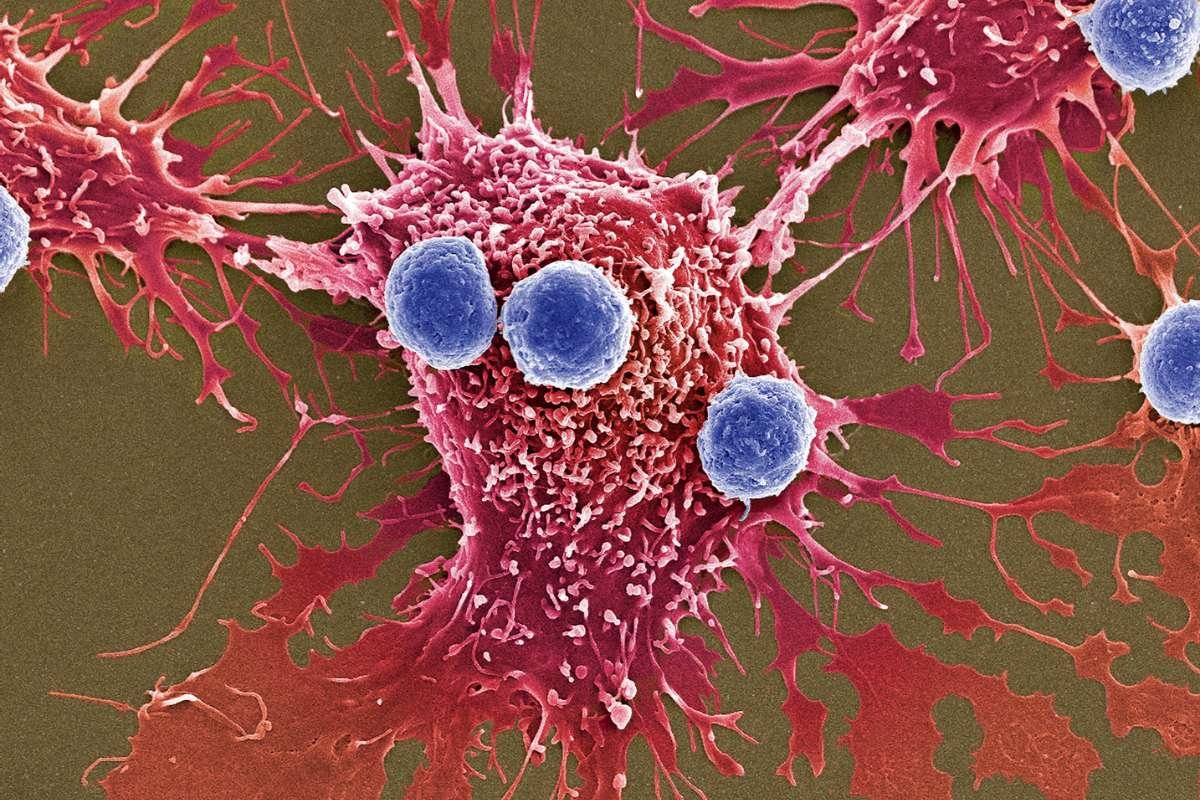A groundbreaking study published in Nature Medicine has sounded the alarm over a looming public health crisis linked to Helicobacter pylori (H. pylori)—a bacterium that quietly infects billions worldwide. Researchers from the International Agency for Research on Cancer (IARC), affiliated with the World Health Organization, estimate that 15.6 million people born between 2008 and 2017 will develop stomach cancer during their lifetimes. Shockingly, nearly 12 million of those cases, 76% will stem from persistent H. pylori infections.
Using cancer incidence data from GLOBOCAN 2022 and demographic models across 185 countries, the researchers projected that the heaviest burden would fall on Asia, particularly India, and China, accounting for nearly two-thirds of cases. Other regions expected to see a significant impact include the Americas (2 million), Africa (1.7 million), and Europe (1.2 million). Notably, low-risk regions like Sub-Saharan Africa may face a six-fold rise in stomach cancer incidence by 2100, driven by population growth and shifting health dynamics.
The Invisible Enemy: H. pylori’s Asymptomatic Progression
Often contracted during childhood through contaminated food, water, or close human contact, Helicobacter pylori remains undiagnosed in 80–90% of infected individuals due to its asymptomatic nature. When symptoms do appear, they mimic common digestive issues like heartburn, bloating, and nausea, frequently dismissed or misdiagnosed.
Despite its quiet onset, H. pylori has been classified as a Class I carcinogen by the World Health Organization. The bacterium induces chronic inflammation in the stomach lining, setting the stage for cellular damage, ulcers, and eventually gastric cancer, most notably adenocarcinoma and MALT lymphoma.
New molecular research highlights how H. pylori interferes with cellular signaling, alters immune responses, and promotes DNA damage. These insights strengthen the call for early detection and proactive treatment as critical components of cancer prevention.
A Window of Prevention: Screening and Treatment Could Avert the Majority of Cases
While the statistics are alarming, health experts say the solution is within reach. The study emphasizes that up to 75% of future stomach cancer cases linked to Helicobacter pylori could be prevented through timely detection and eradication strategies. These include non-invasive screening tests such as urea breath tests, stool antigen tests, and blood antibody checks, followed by a short course of antibiotics and acid-reducing medications.
Real-world data supports this approach. A major U.S.-based study by Kaiser Permanente found a 63% lower risk of stomach cancer in patients who received treatment for Helicobacter pylori compared to untreated individuals.
Despite this, global implementation remains limited. The study urges governments, especially in high-risk nations, to adopt population-wide screen-and-treat programs, integrate H. pylori testing into primary healthcare, and increase public awareness.
In contrast, countries like the UK, where stomach cancer rates have dropped by 26% in the past decade, still stress the importance of complementary preventive measures, like maintaining a healthy diet, avoiding tobacco, and moderating alcohol use.
The findings present a clear call to action: controlling Helicobacter pylori could dramatically reduce the global burden of stomach cancer in the coming decades. With effective tools already available, the challenge lies in scaling them equitably. If nations act now, they could prevent millions of lives from being cut short by a cancer that is, in large part, avoidable.
Sources:
https://www.independent.co.uk/news/health/stomach-cancer-link-bacteria-hpylori-b2784114.html
https://newatlas.com/disease/helicobacter-pylori-gastric-cancer-projections







